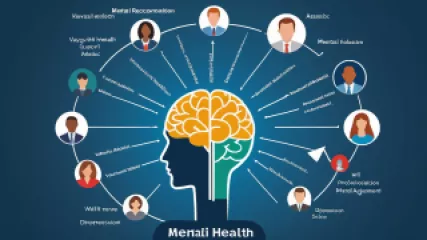Lessons from 'Digital Minimalism' to Unlock the Benefits of a Social Media Detox
před 1 rokem
Přínosy detoxikace sociálních médií
How to Manage Somatic Symptoms: 5 Proven Strategies
před 1 rokem
Řízení somatických symptomů
10 Must-Try Play Therapy Techniques for Child Psychology
před 1 rokem
Dětská psychologie
Building Resilience in Children: One Parent's Journey
před 1 rokem
Budování odolnosti dětí
10 Powerful Ways Art Can Help Heal
před 1 rokem
Hojeti prostřednictvím umění
Unlocking the Power of Sensory Processing: An Interview with an Expert
před 1 rokem
Zpracování smyslových informací
Proven Strategies to Motivate Others: A Research Summary
před 1 rokem
Motivace ostatních
10 Best Online Empathy Support Groups to Join in 2023
před 1 rokem
Pěstování empatie
How to Overcome Peer Pressure: A Step-by-Step Guide
před 1 rokem
Vliv vrstevníků
The Surprising Benefits of a Daily Gratitude Practice
před 1 rokem
Zdravé návyky
10 Best Online Mental Health Check Tools
před 1 rokem
Kontrola duševního zdraví
Spotlight on Positive Reinforcement: An Inspiring Interview
před 1 rokem
Pozitivní posílení
Boosting Workplace Wellness Through Mindfulness
před 1 rokem
Všímavost v práci
Empowering Others: A Step-by-Step Guide to Motivating Those Around You
před 1 rokem
Motivace ostatních
Understanding Peer Pressure and Its Impact on Mental Health
před 1 rokem
Vliv vrstevníků















